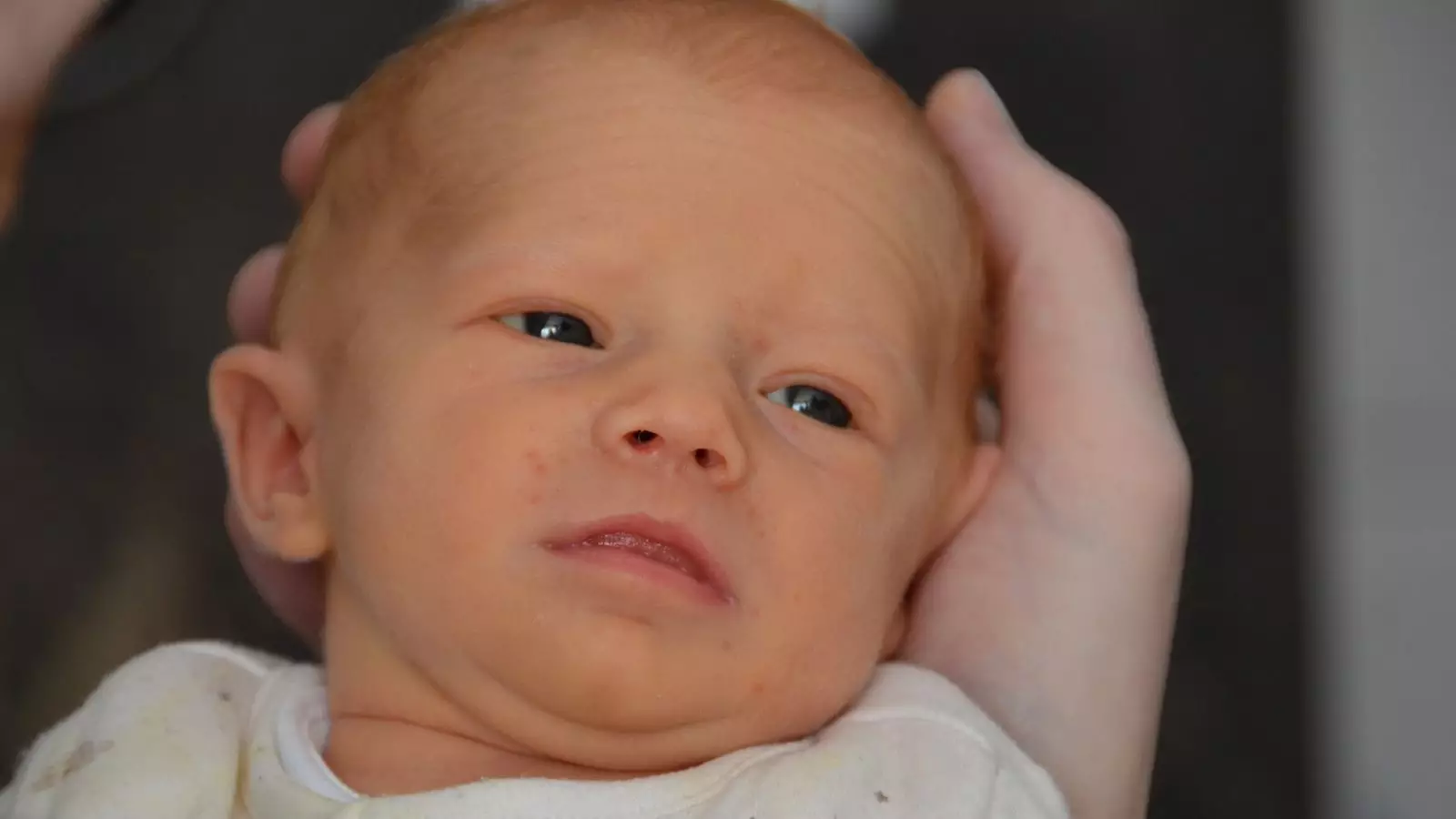The remarkable birth of baby girl Amy Isabel has not only marked a monumental milestone in the United Kingdom but has also reshaped the narrative surrounding reproductive health and possibilities. This groundbreaking event — the first birth from a womb transplant in the UK — provides a beacon of hope for countless women diagnosed with conditions that hinder their ability to conceive. The significance of Grace Davidson’s journey to motherhood transcends the individual; it represents an awe-inspiring leap of faith taken between science and the deeply human desire to nurture life.
While the undertaking of a womb transplant is not merely an act of medical prowess, it is a symbiotic relationship between science, familial love, and emotional resilience. One cannot help but marvel at the courage it takes for a mother to donate her own womb to a sibling—the epitome of altruism. Amy Purdie’s selfless act has not only granted her sister the chance to hold her child but has forever altered the lives of many women grappling with the harsh realities of reproductive limitations.
The Emotional Tapestry of Motherhood
Describing the journey as “shock” is an understatement for Grace Davidson. The contrast between yearning for a child and the sudden fulfillment when clutching her newborn can hardly be articulated without emotion pouring through the cracks of her experience. Davidson’s initial reaction—an overwhelming sense of disbelief—paints a vivid picture of the fervent struggles faced by many women who yearn for motherhood but encounter insurmountable obstacles.
What is powerful in this narrative is not simply the medical success; it is the emotional resonance that echoes through the Davidson family’s story. The couple’s years of waiting and navigating a complex web of fertility treatments amplify the relatable frustrations faced by many infertile couples. The emotional contrasts—anticipation, despair, and eventual elation—form a fabric of experience shared by anyone who has longed for parenthood. This dimension of human experience is often overlooked in scientific discussions, yet it is the heart of reproductive technology’s impact.
Scientific Breakthroughs and Ethical Considerations
Yet, such advancements prompt a dialogue that is both fascinating and necessitous: in blurring the lines between medical capability and ethical prudence, do we risk commodifying human life? While the birth of Amy Isabel is encouraging, we must tread carefully into conversations about womb transplants and their implications for societal norms around parenting and reproductive choices. The rapidly advancing field of reproductive medicine should evoke cautious contemplation about the moral questions that accompany such life-altering procedures.
Medical professionals, including Professor Richard Smith, navigating the complexities associated with womb transplants inevitably hold the weight of ethical responsibility. The procedures involved are formidable—steeped in risk and uncertainty—but these advances should not deter us from asking whether the pursuit of “having it all” through technology renders authentic natural processes obsolete.
The Ripples of Hope Within Society
While the medical and scientific communities work diligently towards perfecting techniques that allow individuals like Grace Davidson to fulfill their dreams, the implications of this achievement ripple beyond personal circumstances. It cultivates a societal recognition of inclusivity for women with reproductive health challenges. The very existence of Amy Isabel is a testament to the potentialities that lie in understanding the diverse tapestry of women’s health.
In the societal landscape, where traditional family structures and gender roles are continually being redefined, this narrative embodies a more expansive vision for parenthood. It beckons a re-evaluation of normative paths to motherhood and serves as a rallying point for advocacy surrounding women’s reproductive health issues. In doing so, it urges society to champion better policies, broader access to assisted reproductive technologies, and, perhaps most importantly, understanding and compassion for the emotional pain associated with infertility.
The birth of Amy Isabel, woven through sacrifice, science, and the irrepressible human spirit, asks us to consider not just the profound impact of medical advancements, but also the enduring human tales that emerge from them.


Leave a Reply